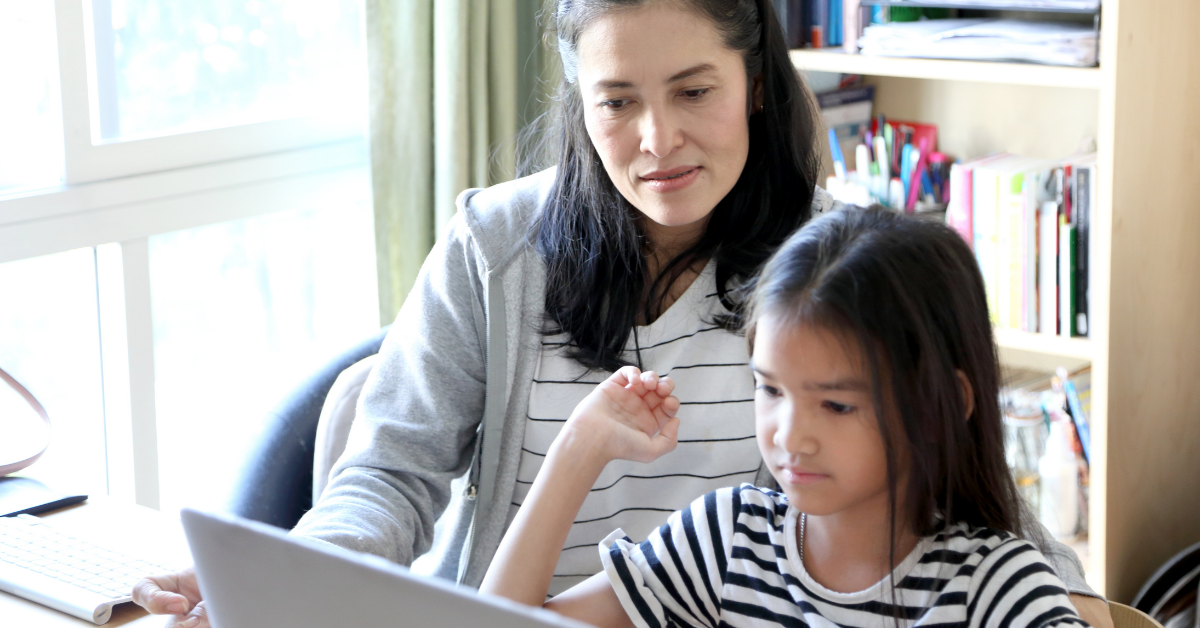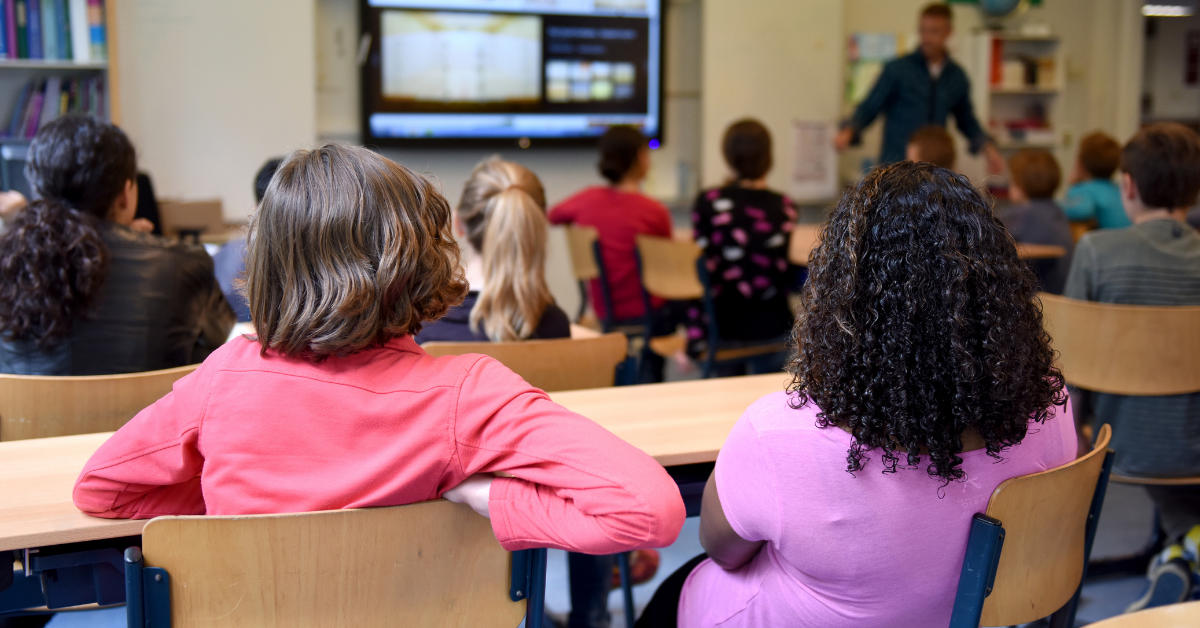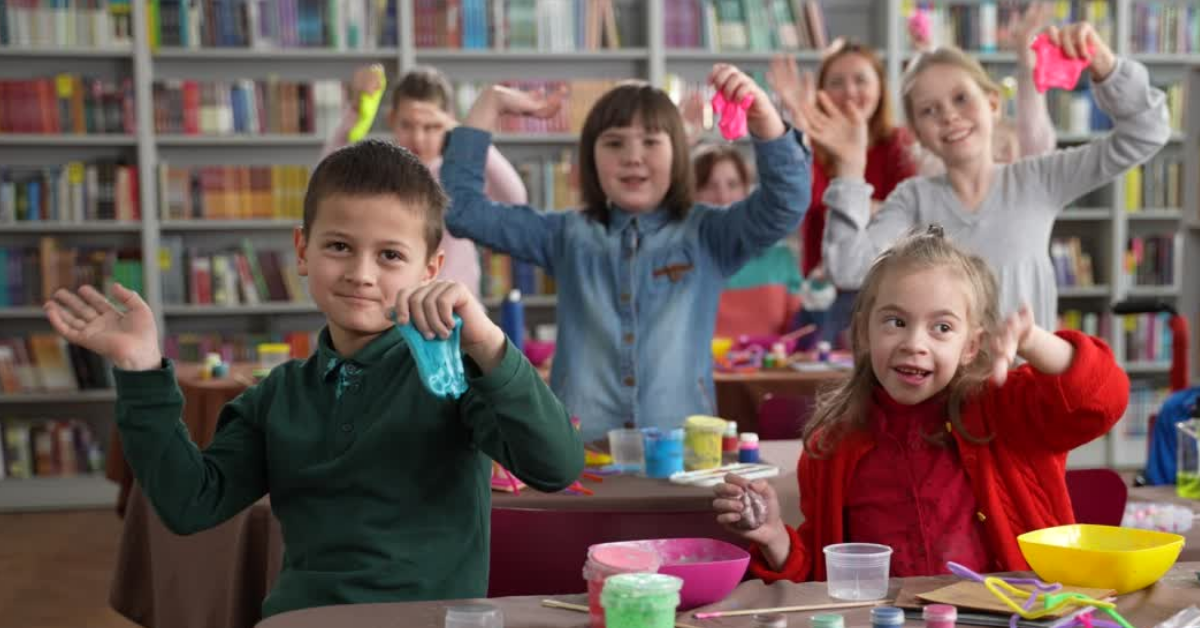During the 2019-2020 school year, 7.3 million American students received special education services under the Individuals with Disabilities Education Act. Yet this number accounts for a small fraction of the students with learning differences.
Despite their best efforts, many schools fail to identify and help students who learn differently than their peers. But your child can still perform well in the classroom, as long as they have a specialized curriculum.
How do specialized curriculums work for children with unique roads to learning? What can your child learn in a curriculum? Can a curriculum help with standardized tests?
Answer these questions and you can get the best educational resources for your child today. Here is your quick guide.

Different Learning Styles Exist
A child can learn in the classroom in a few different ways. They can learn through visuals, including artworks and charts. They can use shapes and colors to distinguish objects from each other and pair things together.
A child can also be an auditory learner. They learn when teachers give them verbal instructions. They can listen to music to help them focus on assignments and express themselves.
Kinesthetic learners learn through hands-on experiences. They like touching things, and they learn about concepts through practice and simulations.
Reading and writing learners learn through reading and writing. Their style may overlap with auditory learners, but they tend to do well on written assignments.
Logical learners use steps and logic in order to learn. They can follow instructions, recipes, and mathematical formulas. However, they can become confused or lose focus if they don't understand the reason why they should do something.
All of these different types of learning work. Yet public school teachers often prioritize one type in the classroom. Long lectures can help auditory learners, but they leave visual and kinesthetic learners behind.
Specialized curriculums adapt to different ways of learning. If your child learns through reading and writing, teachers can give them written instructions and quizzes to assess their performance.
Learning Differences Are Diverse
More teachers are becoming aware of learning differences. However, many teachers in public schools do not have experience with students with diverse learning differences.
A child with dysgraphia may have difficulty writing and holding a pen. But they can read and write properly, and their skills may be advanced. A teacher may think they need help with reading, which means that they do not get the help they receive.
A specialized curriculum can adapt to your child's needs. Educators can conduct tests to see what differences your child has.
They can then develop therapies and classroom activities that your child can use. Children with dysgraphia can learn how to hold a pen and manipulate their fingers. Children with ASD may need a sensory retreat space to do their work.
Your Child Can Study New Subjects and Therapies
Individualized Education Plans (IEPs) may focus on core subjects in classrooms. An IEP can help a child study mathematics and English literature, but not music or physical education.
A specialized curriculum can provide your child with a liberal arts education and help them learn how to express themselves. They can take art classes and learn about drawing, painting, and sculpture.
They can play different musical instruments and participate in the school choir. They can even learn how to prepare healthy meals in a kitchen.
Your child can also receive unique therapies. Speech-language therapy can help your child learn how to articulate, memorize, and perform written texts. A pathologist can perform fun activities with your child like word searches so they stay engaged.
Specialized schools contain all of their services within one building. You don't need to drive your child to sports or music practice. They can walk over to the meeting place by themselves or with their friends.
Your Child Can Prepare for Standardized Tests
Standardized tests are difficult for all children. Yet Connecticut requires them, even for children with learning differences and different learning types. Nearly all colleges and universities require SAT scores as part of their application processes.
Children with conditions like ASD can receive extended time on tests. But it's not enough to just receive accommodations.
Your child can prepare for these tests through a specialized curriculum. Their teacher can give them a schedule for when the tests will occur so the tests do not surprise them.
Over time, your child can practice for these tests, instead of rushing to study in the days before them. They can learn good study habits that are reflective of their different ways of learning. Visual learners can make graphs and drawings while auditory learners can listen to audio tracks.
Many children become anxious about tests. Your teacher can comfort your child and create a fun and comfortable space to prepare. They can exercise or take a nap to calm themselves down after studying.

Get the Best Resources for Learning Differences
Learning differences shouldn't distance your child from a good education. A specialized curriculum can provide activities that help your child learn in their learning style. They can receive therapies and accommodations if they have ASD or another learning difference.
But your child can learn more than the core subjects. They can study music, art, and sports. They can prepare for required tests in a learning environment that won't stress them out.
Find a school experienced with specialized curriculums like Eagle Hill. Request more information today.


